Most American transit systems were fragile before the pandemic—struggling for revenue, dependent for survival on federal money, inadequate fares, debt, and, in some cases, donations from local businesses. The pandemic has exacerbated these problems and turned existing transit models on their heads.
In late December, Gabrielle Gurley, a deputy editor at The American Prospect, wrote an article about how transit systems have responded to the pandemic. “Most operators have mastered the virus precautions, requiring masks, social distancing, and deep-cleaning and disinfecting,” she wrote. “Some have coped better than others, though, in rethinking how to serve passengers who are no longer living in 9-to-5 worlds, and accepting the new realities about how to retain and secure funding at a time when Republican elected officials have blocked any federal response since last spring.” A survey last fall found the majority of transit agencies plan to cut service to close funding gaps.
Gurley is our guest on this week’s episode of the Strong Towns podcast. She talks with host Chuck Marohn, founder and president of Strong Towns, about the convulsive effects 2020 had on American transit systems, how the transit experience has changed, and why the politics of transit funding is so challenging. They also discuss the cuts many agencies have planned (or have already implemented), how transit funding reflects what we value as a society, and how the pandemic will change spending priorities from expansion to taking care of basics. As Gurley says, “As nice as it would be to have a spiffy, high-speed train going from DC to New York in two hours…maybe we fix the [leaky] tunnel first.”
Additional Show Notes-
“Public Transportation in Crisis, by Gabrielle Gurley”
-
Other articles by Gabrielle Gurley at The American Prospect
-
Gabrielle Gurley (Twitter)
-
Charles Marohn (Twitter)
-
The Strong Towns Local-Motive Tour
-
Select Strong Towns content on transit:
-
“New York transit is facing "Doomsday" cuts. Should non-New Yorkers bail it out?” by Charles Marohn
-
“For U.S. Transit, "Death Spiral" Shouldn't Have Been an Option in the First Place” (Podcast)
-
“In Transportation Costs, ‘It's the System, Stupid.’" by Daniel Herriges
-
“Can a High-Speed Rail Network Electrify the U.S. Economy?” (Podcast)
-
“The Only Thing More Expensive Than Saving Transit is Not Saving Transit,” by Daniel Herriges
-
More Episodes
Where To Next For CNU? A Conversation With Lynn Richards
 2018-09-10
2018-09-10
 5.1k
5.1k
A Conversation With the Urban3 Team at CNU
 2018-09-06
2018-09-06
 5.5k
5.5k
Programming Update
 2018-09-05
2018-09-05
 4.1k
4.1k
The Emptying Out of Rural Kansas: An Interview With Corie Brown
 2018-08-30
2018-08-30
 5.8k
5.8k
The Week Ahead, August 29, 2017
 2018-08-29
2018-08-29
 4.1k
4.1k
Thoughts on Incremental Development
 2018-08-24
2018-08-24
 5.5k
5.5k
Young People and CNU
 2018-08-23
2018-08-23
 4.9k
4.9k
How Relevant is Localism in an Age of Urgency?
 2018-08-16
2018-08-16
 4.7k
4.7k
Ask Strong Towns #5
 2018-08-09
2018-08-09
 3.9k
3.9k
E-Scooters and Who Takes Up Space in Cities
 2018-08-02
2018-08-02
 4.5k
4.5k
From Vision to Policy, Making New Urbanism Work
 2018-07-26
2018-07-26
 4.1k
4.1k
Suburban Poverty Meets Sprawl Retrofit
 2018-07-19
2018-07-19
 4.6k
4.6k
What does it mean to build a vibrant community?
 2018-07-12
2018-07-12
 4.9k
4.9k
Ask Strong Towns #4 (June 2018)
 2018-07-05
2018-07-05
 3.8k
3.8k
The Week Ahead: From Technical Writer to Grocery Store Owner to Community Builder
 2018-07-02
2018-07-02
 3.3k
3.3k
Autonomous Vehicles: Separating the Hype from Reality
 2018-06-28
2018-06-28
 4.3k
4.3k
The Week Ahead: Get to know our new summer intern
 2018-06-25
2018-06-25
 3.1k
3.1k
Absolution and the Changing American City
 2018-06-21
2018-06-21
 3.7k
3.7k
The Week Ahead: Bee Season
 2018-06-18
2018-06-18
 3.1k
3.1k
Even Historic Cities Face Auto-Oriented Design Problems
 2018-06-14
2018-06-14
 4.2k
4.2k
Create your
podcast in
minutes
- Full-featured podcast site
- Unlimited storage and bandwidth
- Comprehensive podcast stats
- Distribute to Apple Podcasts, Spotify, and more
- Make money with your podcast
It is Free
You may also like
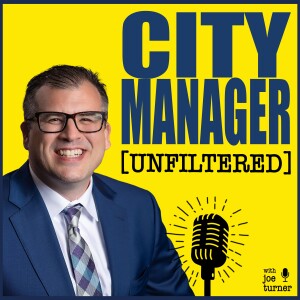
City Manager Unfiltered

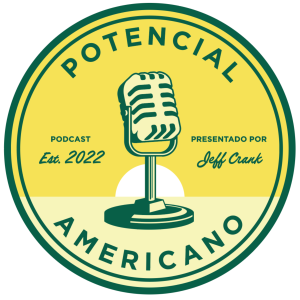
Potencial Americano

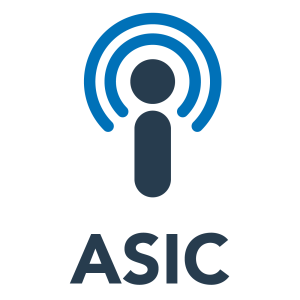
The ASIC Podcast

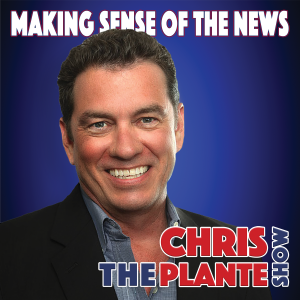
The Chris Plante Show

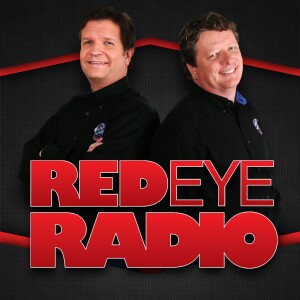
Red Eye Radio

- Privacy Policy
- Cookie Policy
- Terms of Use
- Consent Preferences
- Copyright © 2015-2024 Podbean.com


 iOS
iOS Android
Android